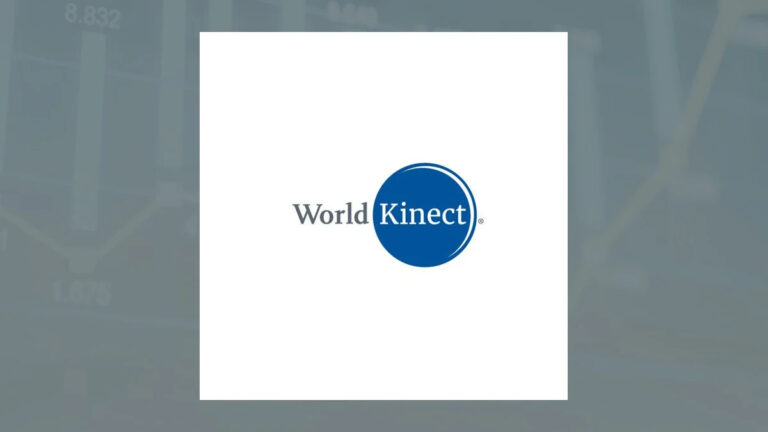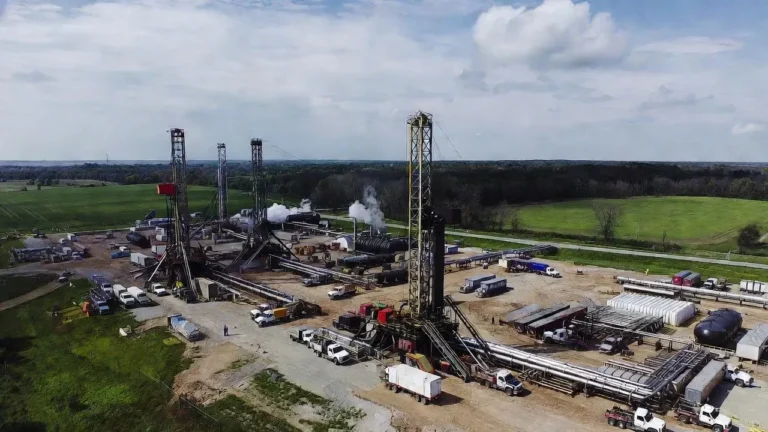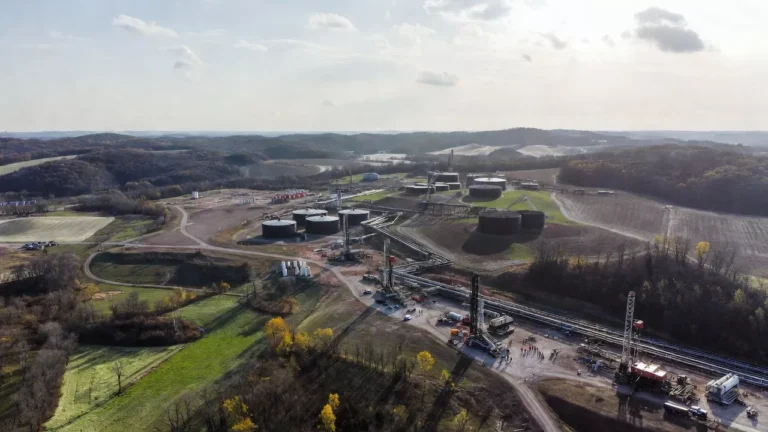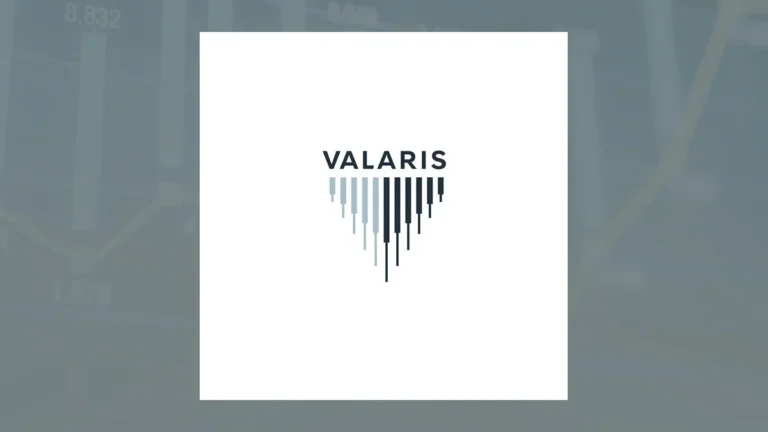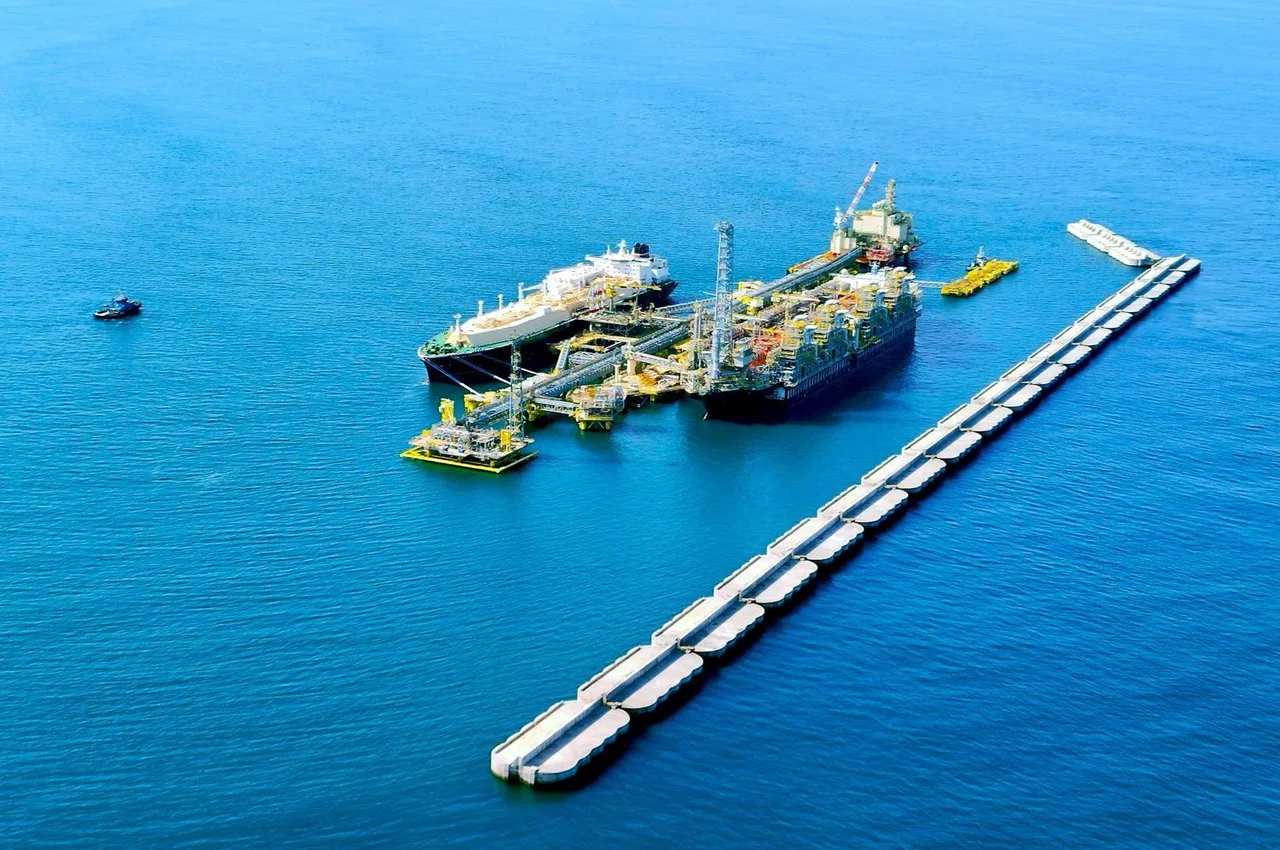
BP Commences Gas Flow at Greater Tortue Ahmeyim LNG Project, Marking Key Milestone in Global Energy Transition
BP has officially initiated the flow of gas from wells at the Greater Tortue Ahmeyim (GTA) Phase 1 liquefied natural gas (LNG) project, bringing it a step closer to full commissioning. This milestone signifies the next phase of development for the project, which will contribute significantly to meeting global energy demands.
Located offshore Mauritania and Senegal, the GTA project stands as one of the most ambitious and technically complex offshore energy developments in Africa. The gas resources lie at depths of up to 2,850 meters beneath the surface, marking the project as one of the deepest of its kind in Africa. The first phase of the project, once fully commissioned, is expected to produce around 2.3 million tonnes of LNG annually.
In 2021, the project was officially declared “a project of strategic national importance” by the governments of Mauritania and Senegal, emphasizing its role in transforming both countries into key players in the global LNG market.
This announcement highlights a significant achievement in the development of Mauritania and Senegal’s natural gas reserves, with the potential for these nations to establish themselves as vital Tortue LNG export hubs. BP’s commitment to these countries’ energy development underscores the growing importance of African resources in the global energy landscape.
BP’s Commitment to Global Energy and Local Development
“This is a fantastic landmark for this important megaproject. The first gas flow is a material example of supporting the global energy demands of today and reinforces our commitment to helping Mauritania and Senegal develop their natural resources,” said Gordon Birrell, BP’s Executive Vice President for Production & Operations. “Africa’s significance in the global energy system is growing, and these nations now have enhanced roles to play. Congratulations to the project and production teams for delivering this project and for always prioritizing safe operations. Thank you to the entire GTA team, our partners, and host governments for this tremendous achievement.”
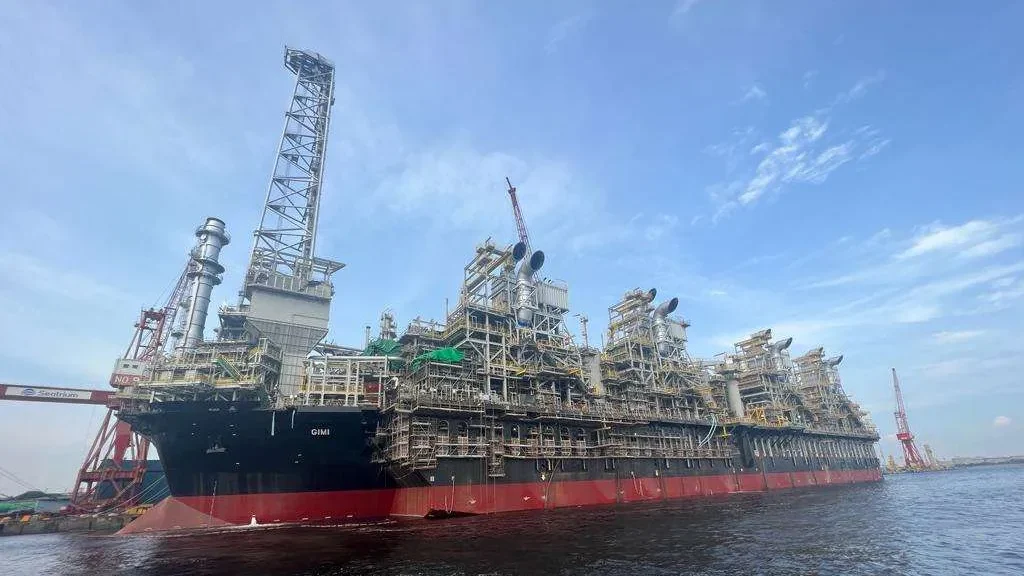
Gas Flow and Export Process
Gas from GTA Phase 1 is being directed to the GTA Floating Production Storage and Offloading (FPSO) vessel, located approximately 40 kilometers offshore. At the FPSO, the gas undergoes purification, with water, condensate, and impurities removed. The treated gas is then transported through a pipeline to the floating liquefied natural gas (FLNG) vessel, which is situated 10 kilometers offshore. Here, the gas is cryogenically cooled and liquefied for storage. Once liquefied, the gas is transferred to LNG carriers for export to global markets. Additionally, some of the gas will be allocated to meet the growing energy demand within Mauritania and Senegal.
“This milestone positions Mauritania and Senegal as key players in the global energy sector, opening a new chapter as gas-exporting nations,” said Dave Campbell, Senior Vice President for Mauritania and Senegal. “I am proud of the ongoing relationships we continue to strengthen with both countries. This achievement would not have been possible without the resilience and dedication of the BP team, our partners, the host governments, and, of course, the people of Mauritania and Senegal.”
Local Benefits and Workforce Development
The GTA Tortue project has already delivered substantial economic benefits to the local communities in Mauritania and Senegal. Over 3,000 local jobs have been created during construction, and around 300 local companies across both countries have been engaged in various aspects of the project. BP and its partners have prioritized workforce development, with a focus on building local talent to support the long-term sustainability of the project.
As part of their investment in the future, BP Tortue has initiated a four-year apprentice training program, which aims to develop the next generation of offshore operators. Currently, 47 apprentice technicians are participating in this bespoke program, which will equip them with the skills needed to operate in the highly technical offshore environment.
BP has also launched a multi-million-dollar social investment program aimed at enhancing local quality of life. This program focuses on key areas such as community health, economic development, environmental awareness, and education, ensuring that the benefits of the project extend beyond the immediate energy sector.
Additionally, BP is investing in local economic development through initiatives such as supporting fishing communities, women’s cooperatives, micro-finance programs, and business skills training, helping to create long-term opportunities for sustainable development in the region.
Key Project Partners
The GTA Tortue project is a joint venture, with BP serving as the operator with a 56% working interest. Other stakeholders include Kosmos Energy (27%), PETROSEN (10%), and SMH (7%). The partnership is committed to delivering the project safely and efficiently while maximizing the benefits for the local communities in Mauritania and Senegal.
The FPSO, which arrived offshore in the second quarter of 2024, is designed to process over 500 million standard cubic feet of gas per day, making it a critical component of the GTA development. The Gimi FLNG Tortue vessel, which is responsible for liquefying the Tortue gas, is owned and operated by Golar LNG.
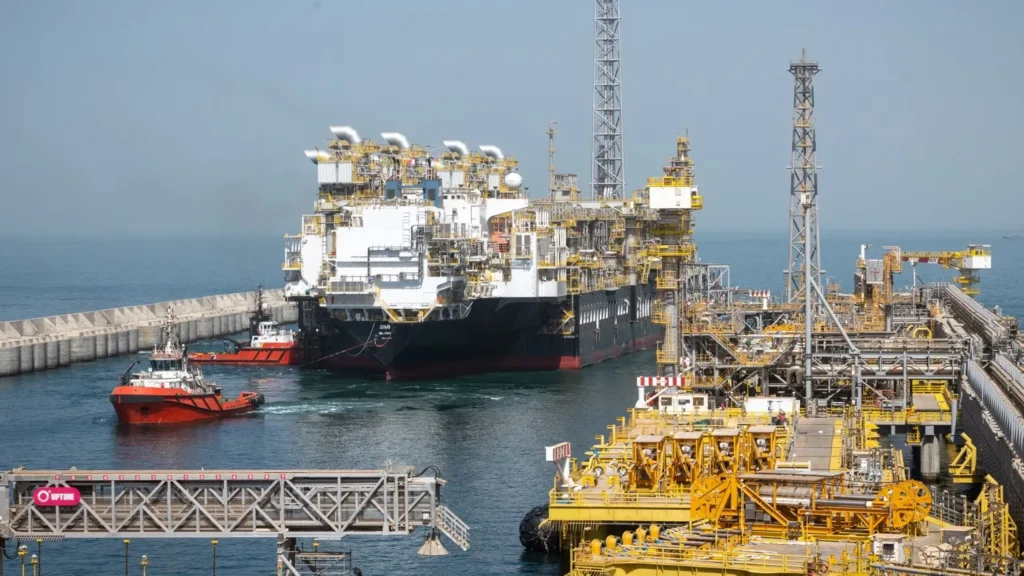
Social and Environmental Responsibility
BP’s commitment to social responsibility is evident in the comprehensive GTA social investment program. This program prioritizes community health, economic development, environmental sustainability, and education, with the goal of fostering positive change and creating lasting benefits for the people of Mauritania and Senegal.
The apprentice training program is a central element of Tortue BP’s efforts to build local capacity, with participants gaining hands-on experience in offshore operations and technical skills that will be invaluable as they advance in their careers. BP’s dedication to workforce development is also supported by investments in education and training programs, which will contribute to the growth of a skilled workforce in both countries.
Moreover, BP has supported various initiatives designed to enhance local communities’ resilience and reduce their environmental impact. These efforts include promoting sustainable fishing practices, supporting women’s entrepreneurship, and facilitating micro-finance initiatives that help local businesses grow.
Future Outlook for Mauritania and Senegal
The success of the Greater Tortue Ahmeyim project marks a transformative moment for both Mauritania and Senegal as they prepare to enter the global Tortue LNG market. As gas exports ramp up, the countries are well-positioned to play a pivotal role in the global energy transition, providing a reliable and cleaner source of energy to meet growing demand worldwide.
With the successful first gas flow, BP Tortue and its partners are one step closer to realizing the full potential of the GTA project. As the LNG market continues to evolve, the development of this Tortue project will not only provide vital energy resources to global markets but also contribute to the economic growth and development of Mauritania and Senegal.
In conclusion, the first gas flow at GTA Phase 1 is a significant achievement that reflects BP’s ongoing commitment to the energy transition and its role in helping shape the future of energy. As Mauritania and Senegal continue to develop their natural gas resources, they are poised to become important players in the global LNG market, and BP is proud to be part of this exciting journey.






